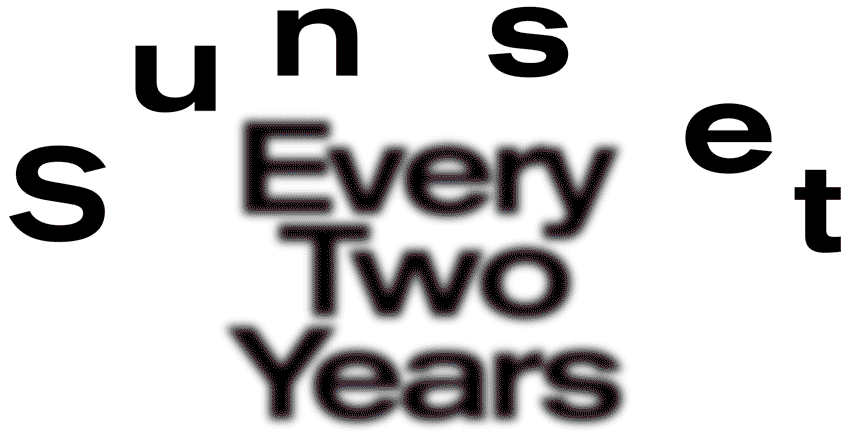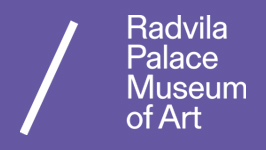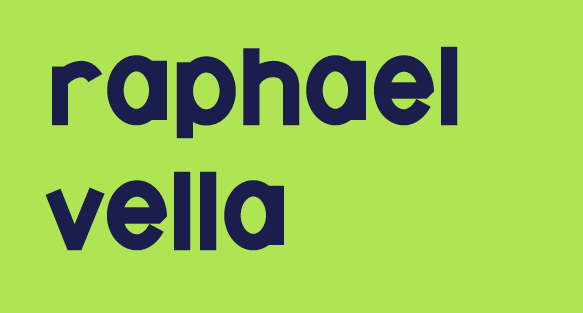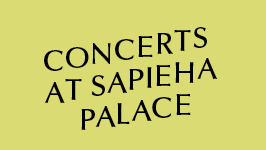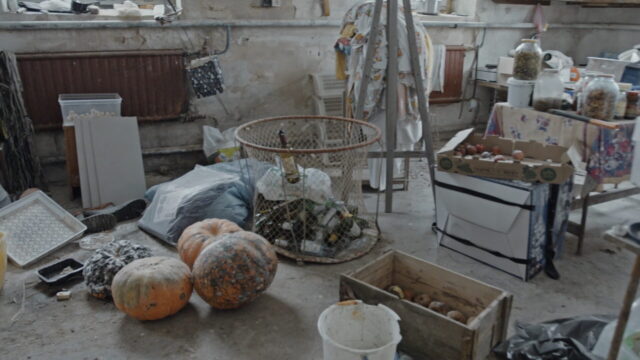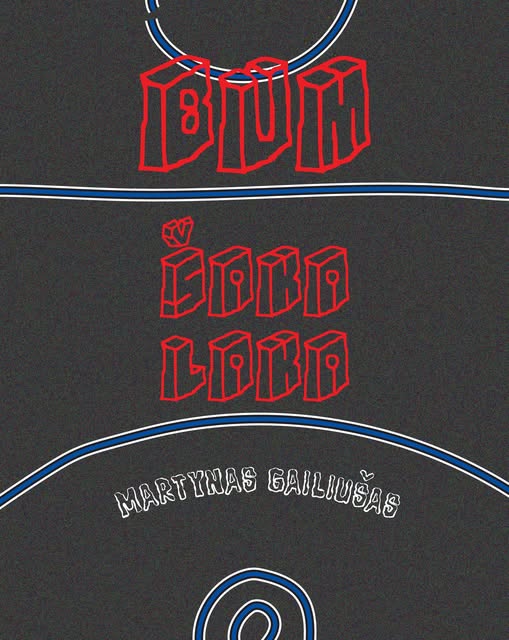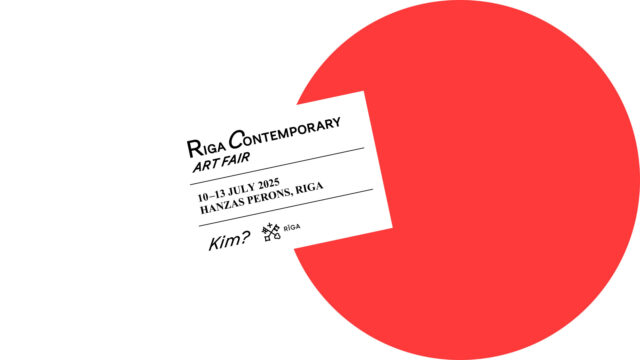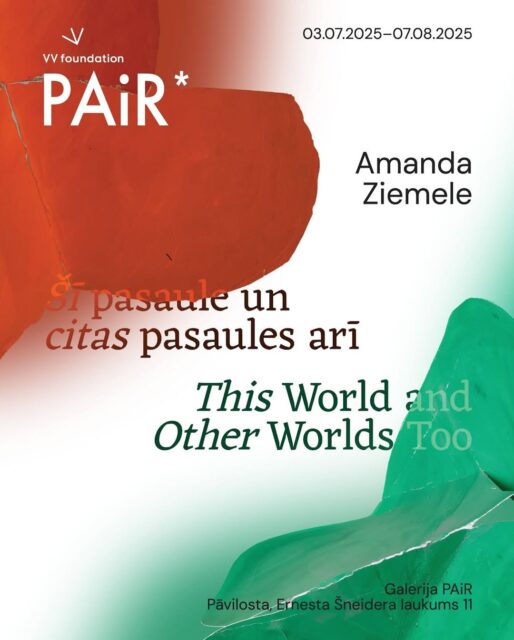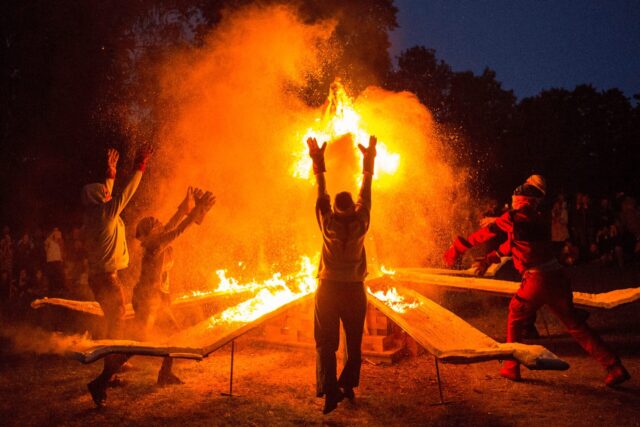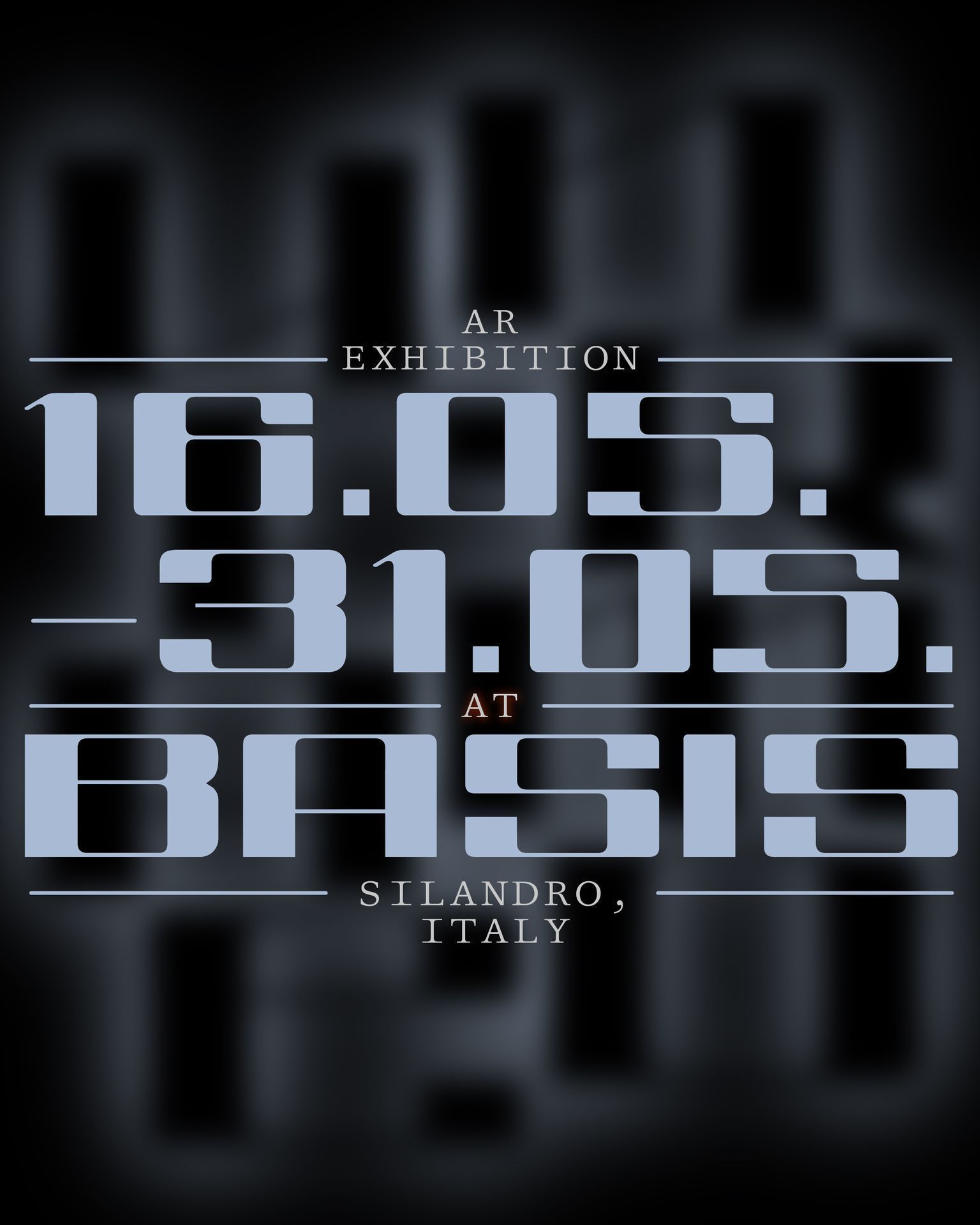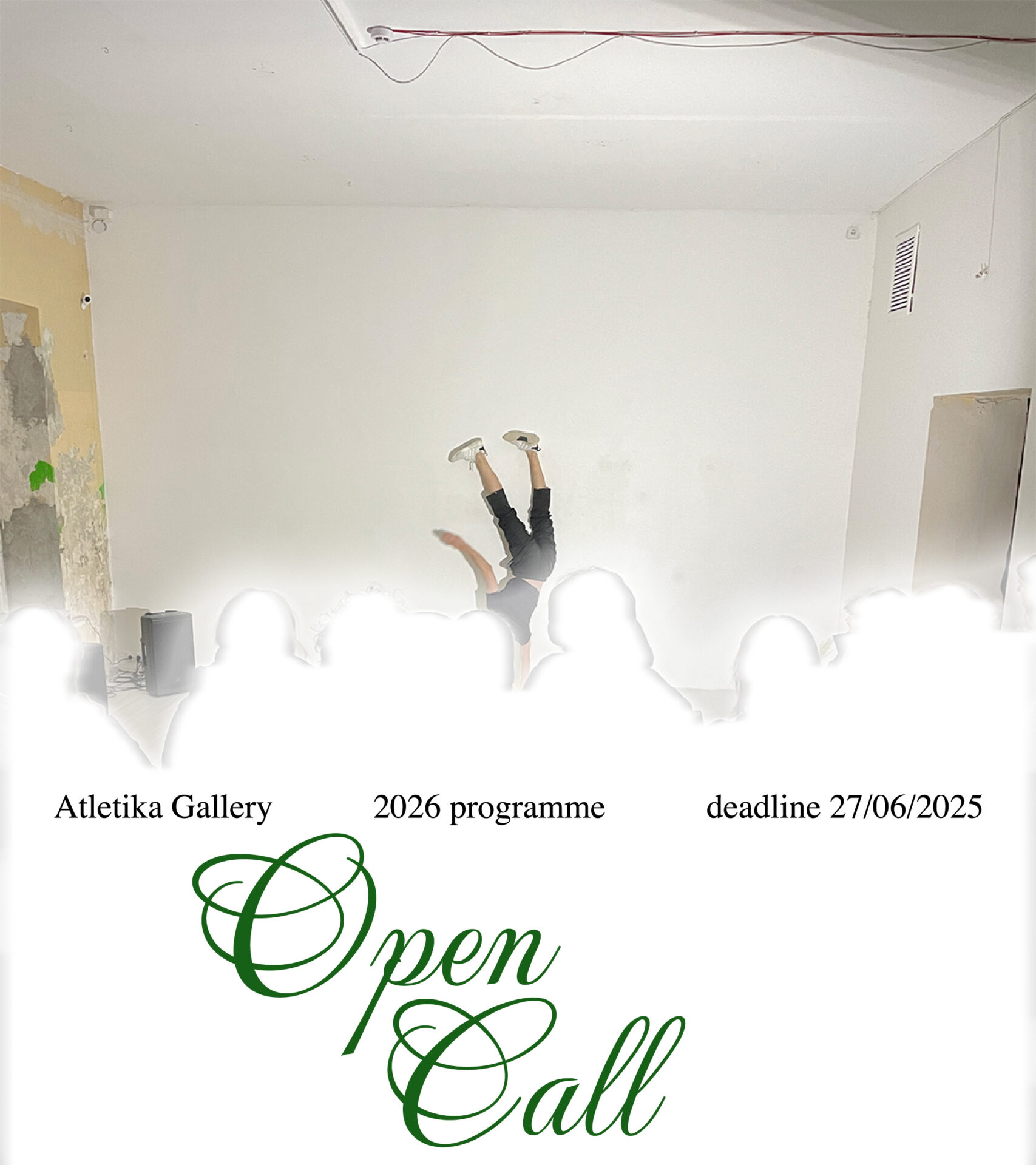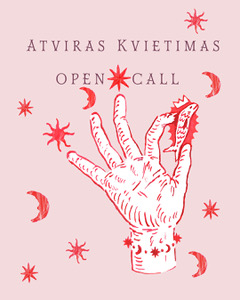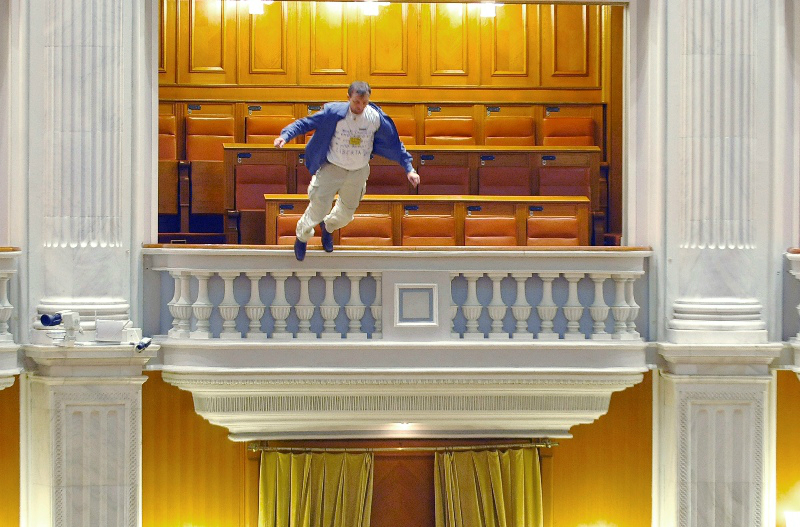
Adrian Sobaru, an electrician at the national television station, throws himself from a balcony in Romania’s Parliament in protest against cuts of civil servant pay. AP Photo/Bogdan Stamatin/Mediafax Foto, 2010
What is going to be said here? What kind of lack, what kind of rarifaction would cause the words to come rushing in? And why start with this negativity of absence and lack, instead of relying on what has already been said and thus stressing the positivity of condensation, surplus, and overabundance? One of the quick ways to point towards the answer is to consider the lack of words that a witness experiences after encountering the workings of power, the lack which necessitates the questions ‘what can be said?’ as well as ‘what must be said?’ It is this very moment of being ‘speechless’ after the encounter—the moment the linguistic vacuum is formed, when making an utterance becomes a matter of dealing with a certain horror vacui: it is either leaving the void (as well as the horror) intact, or making an attempt to fill it in, even if—and that is what I would argue—even if the experience can never be paraphrased nor can it be fully exhausted by descriptions, confessions, or avowals. Each utterance that a witness makes always seems to fall under the auspices of a weird economy: an utterance is due because it is owed in terms of being a price for the fact of witnessing, and yet the price that a witness choses to pay can never equate to what has been witnessed. Having already said that, what follows is an attempt to see how the question of potentiality (can I speak?) turns into the questions of morality and deliberation (should I speak, and how?).
So then, let us return to the initial question: what is going to be said? Is the utterance going to be normal, useful, acceptable, allowed, dangerous, neutral, surprising? Will it fall under the auspices of predictability (expectations, schedules, plans, norms, quotas, calendars, models, statistics, programs)? The very idea of making predictions—anticipating, making ‘educated guesses’—allows us to take off and try to enter the space utilised by the bureaucracy of predicting, a space of auguries and inaugurations. Interestingly enough, it is the etymological trace that points towards the question of what kind of auguries should one follow before voicing one’s mind. In the so-called ‘classical world’, the fate of anything that concerns Roman pax, fortuna, et salus (peace, good fortune and wellbeing) used to be decided by an auspex, an augur who was supposed to observe and interpret the behaviour of birds. Being a legal intermediary, an augur would not predict what course of action should be taken, but through his augury he would find signs on whether or not a course already decided upon meets with ‘divine sanction’ and should proceed. Thus, conveniently enough, making a final decision was not supposed to involve personal effort: the decision would be suspended, deferred, and placed under the ‘divine scrutiny,’ and the dictum would finally be carried out under the auspices assigned by an augur. It is in this sense that prediction reveals itself as a procedure that precedes the utterance and goes ahead of the dictum, and it is in this sense that deliberation gets to be sanctioned, ratified, fixed. In the case of auguries, ethics would depend on this passage through the point of inauguration, the point where the decision is gotten a fix on. It would depend on how an observation of birds is interpreted by an intermediary—a priest, an official—who establishes the connection between law and event. The ethical judgement thus becomes misplaced: instead of being a matter of personal responsibility, judgement is delegated to a divine accident (heavenly occurrence) which allows itself to be positively transformed—through an agency of augur—into a sign. To put it plainly, a Roman citizen would come up with a decision, and augur, for his own part, would have his final say on whether this decision is in accordance with the divine law. In case something goes wrong after the augury is given (say, if a politician whose candidacy was approved by an augur fails in his performance), it is the agency of an augur that gets to be blamed, as nobody would blame the omnipotent gods nor would anybody blame a man who is fallible by nature. At the end of the day, all that Romans could do in terms of being responsible for their judgements, was to facilitate and support the communication between gods and ‘immoral mortals’—i.e., improve on the hermeneutics, so to speak. In other words, deliberating and making a judgement became a rather technical question of establishing a good connection between heaven and earth. (It is peculiar how this discourse is similar to the way we talk about the market today: i.e., how the market is a depersonalised self-expanding network of capital flows, and how in the cases of its meltdowns no one gets to be blamed personally, etc.)
As centuries passed by, birds have been put into different use. Pigeons, for example, were turned into epistolary companions by virtue of predictability of their trajectories. However, even if the factor of ‘heavenly’ validation by making auguries seemed to be completely eliminated, the mediating agency—“ideology at its purest”, as Slavoj Žižek would say today—has survived. Prediction has been fully rationalised by the time when John Nash, instead of taking auspices and assigning the meaning to the movements of pigeons in the park, was trying to predict their trajectories mathematically, find patterns and repetitions, thus already trying to get ahead of the event by replacing it with a calculable model. If Nash can be regarded as a modern auspex, then the postmodern one, perhaps, resides in each of us, internalised and augmented with techno-ideological interfaces—always there, always watching, monitoring, predicting, analysing, auto-correcting. Every utterance predicted by such a postmodern auspex would inevitably fall under the auspices of a ‘non-event’ (a term which correlates to how Marc Augé coins his concept of a ‘non-place’).
So then, what is going to be said? Can a witness, who decides to tell the truth, bypass the sanctioning institution of augur or censor? The logic of investigation brings us to the question whether an act of telling the truth requires its own conditions of possibility. If pre-dictability stands in a binary opposition with something, then it seems to be a dictum itself—i.e., an utterance, something said. If we are to utter something that is no longer immanent to the realm of predictable non-events, then the chronological supremacy of the predictable (by virtue of coming before the dictum) should be opposed by implying a different kind of future: a future that escapes the chronology of predictability. This very distinction between the predictable and unpredictable future—a distinction which was so important for Jacques Derrida—that allows us to talk about an encounter with ‘that which is to-come’ in the sense of l’avenir which encompasses everything that is unpredictable, unforeseen, accidental, catastrophic. It is this very difference between le futur and l’avenir that introduces the tensions which are at work in parrhesia (i.e., practice of telling the truth). Another condition would be a linguistic one: it would concern the problem of putting one’s wits to work and establishing the language of interpellation, a discourse on non-freedom in the times of all sorts of ‘freedoms.’
Foucault in his analysis of parrhesia already names the conditions of such language. For Foucault, parrhesia is always a form of criticism: “…the function of parrhesia is not to demonstrate the truth to someone else, but has the function of criticism: criticism of the interlocutor or of the speaker himself.” Parrhesia is also determined by certain social conditions because of the necessity of confronting the power from ‘below’: “The parrhesiastes is always less powerful than the one with whom he or she speaks. The parrhesia comes from ‘below’, as it were, and is directed towards ‘above’. This is why an ancient Greek would not say that a teacher or father who criticizes a child uses parrhesia. But when a philosopher criticizes a tyrant, when a citizen criticizes the majority, when a pupil criticizes his or her teacher, then such speakers may be using parrhesia.” Another important condition is the inevitability of putting oneself in danger while telling the truth: “…[T]he commitment involved in parrhesia is linked to a certain social situation, to a difference of status between the speaker and his audience, to the fact that the parrhesiastes says something which is dangerous to himself and thus involves a risk.”((J. Pearson, ed. Michel Foucault. Discourse and Truth: The Problematisation of Parrhesia. Evanston, Illinois: Northwestern University, 1985. Full text of the lecture “The Meaning and Evolution of the Word Parrhesia” available online: http://foucault.info/documents/parrhesia/foucault.dt1.wordparrhesia.en.html))
The position of someone who puts herself in danger by avoiding the safety of participating in a predictable play of words, rejecting the comfort of established relations, and embracing the event in its possible (and even actual) hostility—isn’t that a position of a witness? To bear witness, in this case, is to have seen the conjectures about pax, fortuna, et salus. It means to have witnessed both inaugurations and augurs themselves. Contrary to augur, witness decides what needs to be said and done not by observing the birds and neither by exercising the power of inauguration, but by taking into account the very conditions of voicing one’s mind.
Foucault notes that what he calls ‘parrhesiastic game’ has got a special relationship to rhetorics. Here I would like to subject this relationship to a further investigation by observing how, by the same token, parrhesia falls under the auspices of acting. The theatrical (dramatic) side of parrhesia can be grasped by scrutinising the very term ‘acting’ which stems from and translates into ‘hypocrisy’: ὑπόκρισις, hypokrisis, the ‘art of acting.’ This unexpected (at least unusual, unpopular) connotation suddenly introduces a different reading. Hypocrisy is suddenly enclosed in quotation marks, thus breaking away from itself, and even turning against itself. This structural split is mobilised by an ‘old name’ that resides within an etymological birth place, namely a stage for hypokritēs, an actor of the ancient Greek theatre. What gets lost in a customary (i.e., negative) connotation of hypocrisy, is a different interpretation of hypokritēs as a critic (both hypokritēs and kritiki stem from hypokrinomai)—an actor who takes the liberty to make certain assessments and manifest critique to an audience from the stage, ‘from within the fiction.’ Hypokritēs choses to voice her own thoughts and judgements about the public matters by remaining within the role and utilising rhetorical devices, including what we now would probably call Aesopian language. Here we arrive at the possibility of a different kind of hypocrisy, namely that which is driven by the necessity to exercise the critique. If such critique choses the source of violence (the oppressor) as its object, then it immediately causes a problem for the oppressor. This, obviously, is a point of conflict between the oppressor and hypokritēs. It is also a point of reversal, because there is always a possibility for an object of critique to become hypokritēs herself and thus ‘take care’ of the critique, turning hypocrisy into a sign of non-truth, non-parrhesia, ‘pure negativity.’
Now, after all that has been said, it appears that all this sketchy effort was aimed at showing how destabilisation of ‘hypocrisy’ brings an interesting shift from the ‘pure negativity’ of disguise towards the immanent structure of critique which launches itself from within this disguise: i.e., how critique comes from ‘below’ (hypo-), towards the outside of itself, aiming at the sources of oppression, repression, control, and predictability. In this sense, hypocrisy appears as a substitute for (and, perhaps, a closest approximation to) freedom. It is a particular kind of freedom, because it must confine to the logic of acting—i.e., being both ‘absent’ and being different from oneself. However we can also find the same lack of stability in the freedom itself. On the one hand, we say that freedom is absent for a good reason, and here we find the proponents of a regulative approach who are equating freedom to a threat: the freedom is ‘out there’ as a possibility, however it shouldn’t be pursued or allowed because it will bring terrible things (“just think what would happen if anyone was doing whatever they wish!”); or Lenin’s infamous “Freedom? Yes, but for whom to do what?”; here we also find mistrust toward the individuality, the fear of ‘trouble makers.’ On the other hand (and it would obviously be a left hand), we denounce the illusion that the freedom is here already, and we look for the signs of our non-freedom instead. Here we find the proponents of what Paul Ricoeur called “School of Suspicion”: Karl Marx, Friedrich Nietzsche, Sigmund Freud et al., who are there to remind us of our non-freedom.
If we were to allow ourselves a reconciliation between the two views, it would be somewhat paradoxical: freedom, as well as truth, are operative, but they do not belong in the world.
In the memory of V.N.

